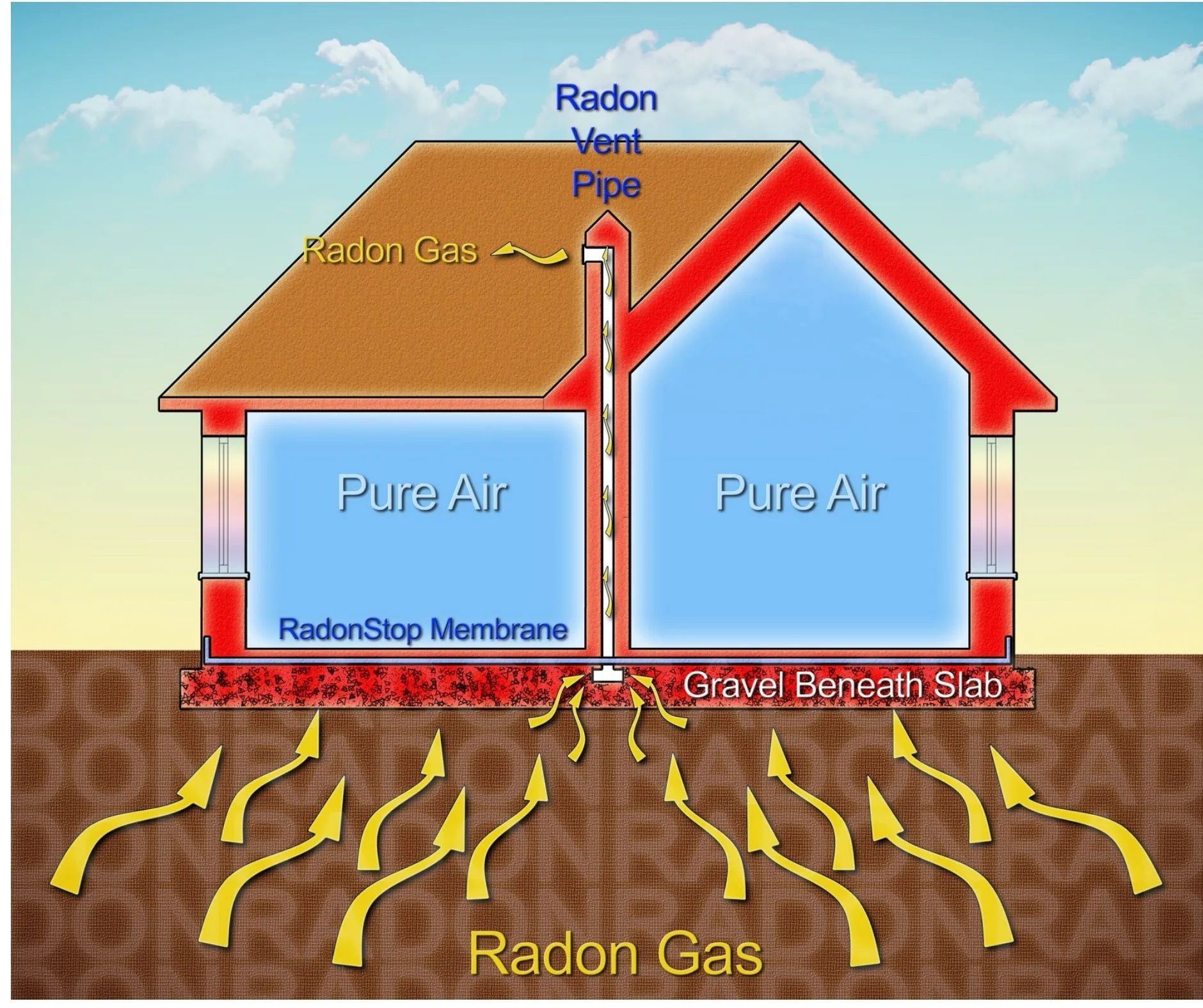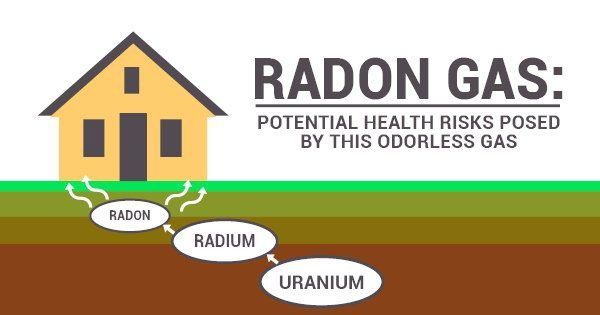Understanding Radon and Its Risks: Why Regular Testing Matters
What is Radon & How can it affect your family?

Radon is a radioactive gas that forms naturally from the breakdown of uranium found in soil and rock. While most homes have some level of radon, it is a silent intruder—completely odorless, colorless, and tasteless—making it impossible to detect without specialized equipment.
Health Risks Associated with Radon Exposure
Radon is the second leading cause of lung cancer in the United States, trailing only smoking. The United States Environmental Protection Agency (EPA) estimates that radon exposure contributes to approximately 20,000 lung cancer deaths annually. Understanding and managing radon levels in your home or workplace is critical to protecting your health and that of your loved ones.
How Radon Enters Your Home
Radon can infiltrate your home through several pathways, including:
- Cracks in floors
- Construction joints
- Cracks in walls
- Gaps in suspended floors
- Openings around service pipes
- Cavities inside walls
- Water supply

What Is an Acceptable Radon Level?
The EPA has established that radon levels of 4 picocuries per liter (pCi/L) or lower are considered acceptable. If radon levels in your home, school, or workplace exceed this threshold, it’s essential to take action to reduce them.
The Importance of Radon Testing
Given the serious health risks, the EPA recommends testing your radon levels every couple of years. Testing is particularly important if you’ve recently moved into a new home, completed significant renovations, or live in an area with high radon levels.
Radon Testing Methods
At Micro Air Testing, we use advanced tools and methods to ensure accurate radon measurements. Here’s an overview of the testing methods we employ:
- Short-Term Testing: Conducted over a period of two to four days, short-term tests provide a quick snapshot of radon levels. We use E-Perm radon electret kits and charcoal canisters for these assessments.
- Long-Term Testing: For a more comprehensive view of radon exposure, long-term tests (lasting over 90 days) are conducted using Alfa Tract Detectors.

Protect Your Home and Family
Don’t let radon go unnoticed in your Atlanta area home or workplace. Regular testing and timely mitigation can significantly reduce your risk of radon-related health issues. Contact Micro Air Testing today to schedule a professional radon test and take the first step toward a safer, healthier home for you and your family!







